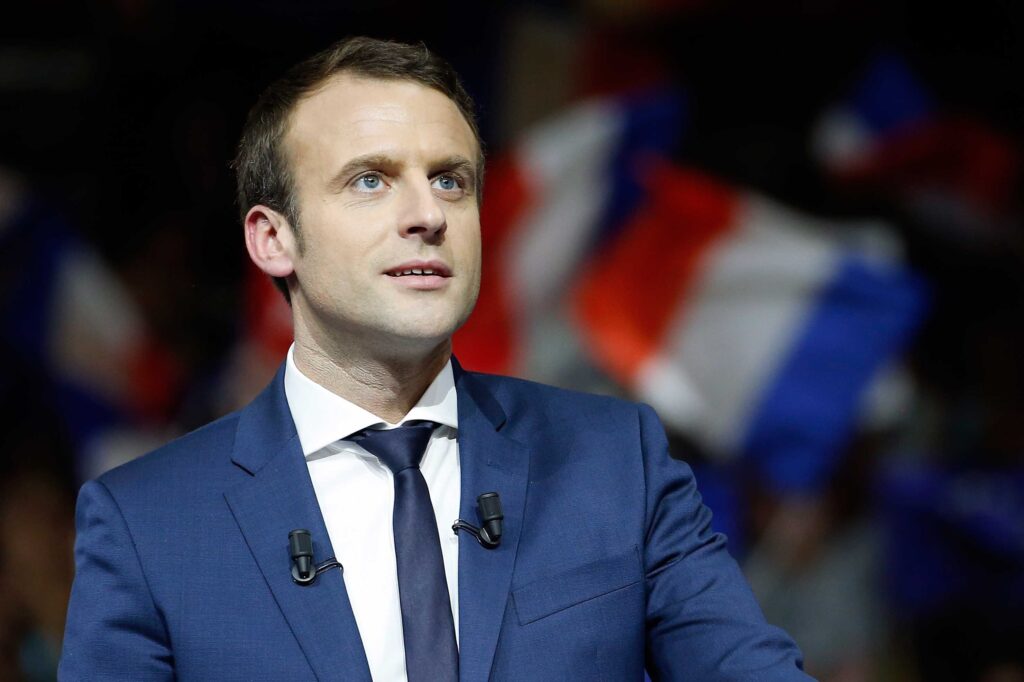Governments throughout the European Union are under fire for emergency legislation and policies that restrict citizens’ rights and undermine the democratic process.
In France, lawmakers have voted to extend the country’s “state of emergency” status through September. This decision limits the role of Parliament and grants increased powers to President Emmanuel Macron as he prepares to run for re-election.
“We’re seeing, as usual with emergencies, a shift of power towards the executive with oversight from parliaments, judiciary, and other bodies getting weaker,” warns Jakub Jaraczewski, a researcher at Democracy Reporting International.
With little oversight, Macron has introduced vaccine passports, maintained unnecessary curfews, and taken other actions that are wildly inconsistent with the centrist liberal promises he made during his 2016-2017 presidential campaign. With emergency powers in place, Macron now has control over domestic and foreign policy as well as the nation’s military and police. He can even appoint his own prime minister.
“I would bet that a lot of the illiberal measures that have come in under COVID, like the health pass and threats of curfews will remain in place or be seen again,” warns Phillippe Marlière, a professor of French politics at the University College London. “Politicians are very good at taking authority but less good at handing it back.”
In Hungary, political leaders approved a law allowing the government to rule by decree with no judicial review.
Such actions are a clear “abuse of power,” warned MEPs in a press release, insisting all emergency policies affecting democracy, the rule of law, and/or the fundamental rights of citizens be temporary and subject to democratic scrutiny.
MEPs have called on EU member states to:
- End state of emergency statuses or establish deadlines
- Allow demonstrations
- Uphold the right to free and fair elections
- Ensure equal rights for political candidates
- Ensure the right to family life by exercising extreme caution when limiting movement
- Maintain access to asylum procedures
- Safeguard the rights of defendants and protect the rights of prisoners
Lawmakers have also urged the European Commission to take legal action if necessary.
“This pandemic is turning out to be the worst crisis in the history of the European Union,” laments reporter Juan Fernando López Aguilar. “Nevertheless, the European Parliament is fulfilling its duty towards citizens by fighting for their rights and freedoms, especially where governments are using the pandemic as an excuse to attack EU values. The Commission and the member states must step up their efforts to uphold fundamental rights, democracy, and rule of law during this crisis and ensure that governments uphold democratic principles in their measures.
In the meantime, the European Commission is discussing a proposal that would give EU leaders the authority to declare a health emergency without input from the World Health Organization.
“We relied too much on the WHO for the COVID-19 pandemic,” argues Peter Liese, a top lawmaker from German Chancellor Angela Merkel’s party. “Under pressure from China, the WHO declared the health emergency too late. It is therefore very important to have the possibility to act at European level in future similar situations.”
Author’s Note: This is about the EU establishing emergency powers that may become permanent – but we have the same potential here in the United States. The vaccine passport has already been proposed and many schools are demanding proof of vaccination. In the background, a Democratic-controlled Congress is trying to pass legislation more expensive and expansive than ever before.
Keep in mind EU nations do not have the same guarantees that we do( for example, the right to free speech) and things could get very bad there.
Sources:
European leaders seized more power during the pandemic. Few have ‘exit plans’ to hand it back
In blow to WHO, EU seeks powers to declare health emergencies
European values must prevail, even in a state of public emergency, MEPs say
